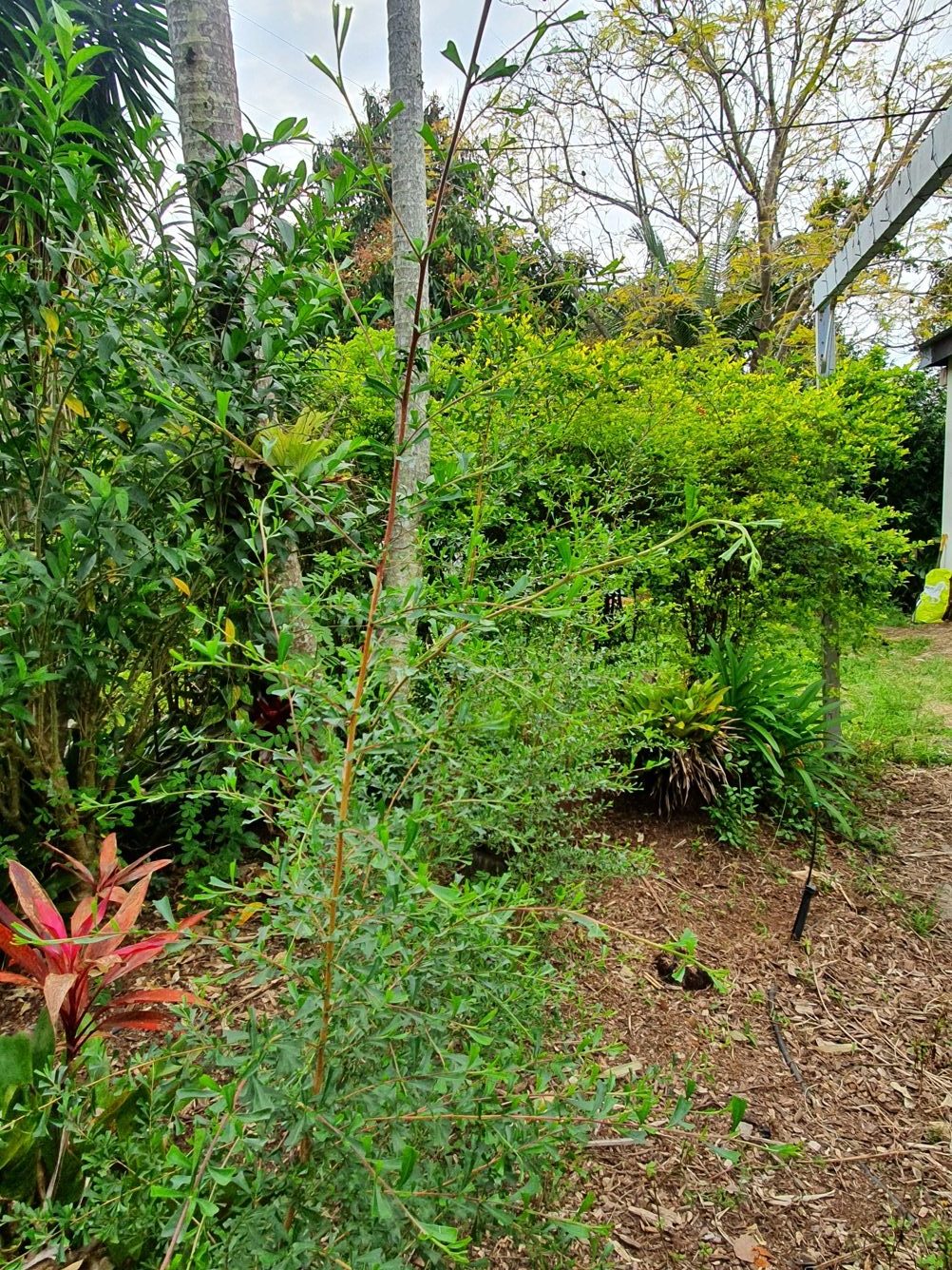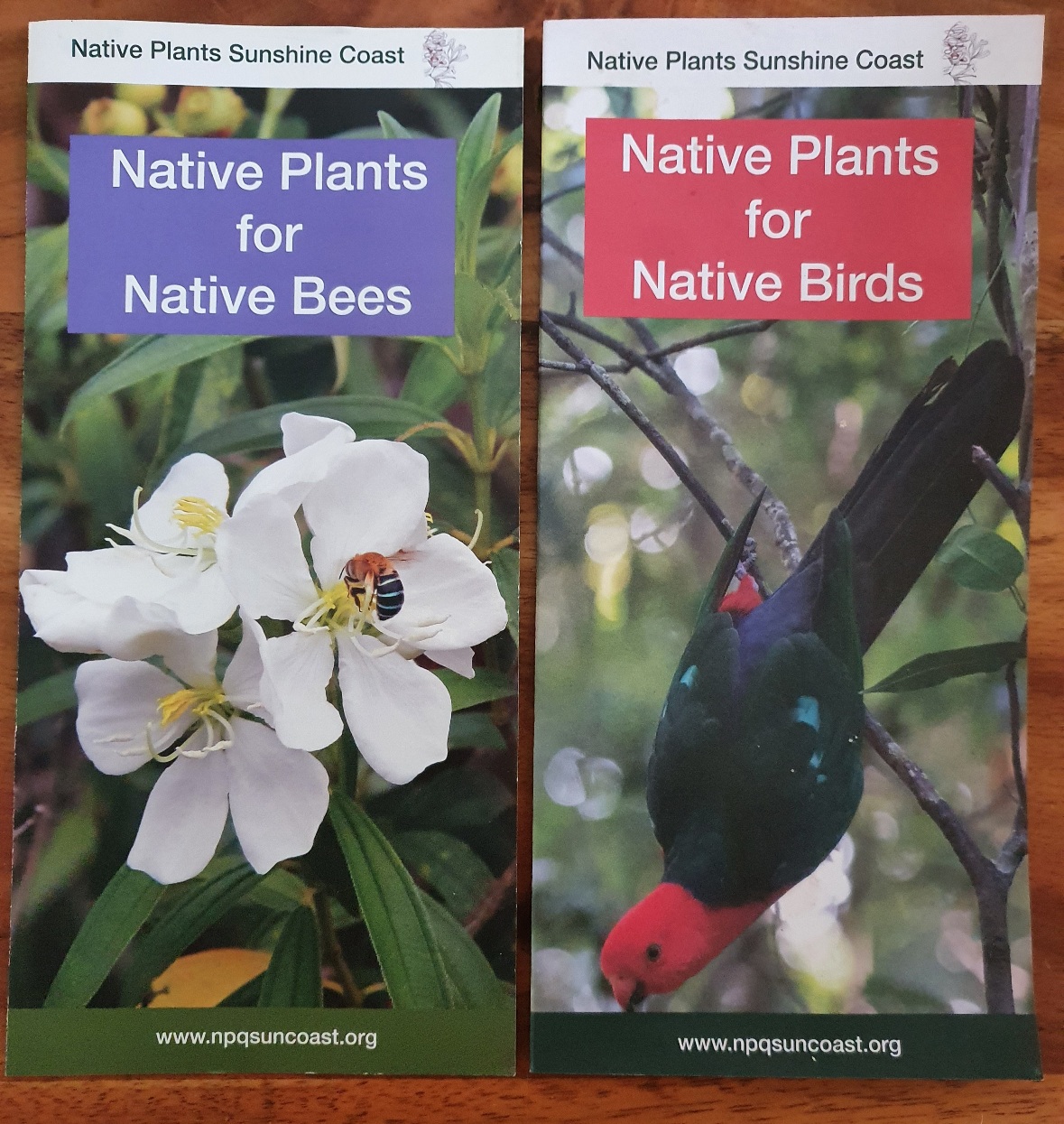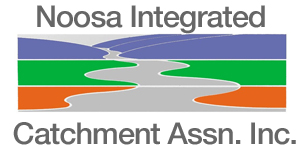I recently made a mistake in planting my garden. I’ve inherited an old garden full of exotics, with some being bushland weeds. I can’t remove them all at once due to time constraints but I also don’t want to lose the privacy the garden is providing.
Noosa District Landcare had some Wedge leaf Hop bush (Dodonaea viscosa ssp. cuneate) on sale so I grabbed them and planted them in an open space. They are growing well and are now at a height that I can take the tops off to encourage them to bush out. The mistake I made was to plant them in one straight row. In a row they can’t support each other and so are more likely to be blown over. If I had planted them in a clump they could support each other and provide better habitat. Or two rows off set would have been better. The flowers of the plant are favoured by the Pale faced Rosellas that I love and are found where I live. They are more likely to visit these plants if they have the shelter a bushy area would provide.
In a natural setting there aren’t many plants that grow with the exclusion of other species. Even in a mature Eucalypt forest with a thick leaf litter there are ground covers and vines growing. When planting a new garden especially with a large space to work with, its normal to think of feature trees or shrubs. One plant living with only lawn surrounding it and a distance from others. This type of planting is not beneficial for animals, or the tree itself. Have a look around the trees growing in open spaces like parks and many will have scars from mowers or whipper snippers.


Plants growing with other species, along side or below, provide more animals with a space to stop for a feed. A bottlebrush will give the honey eaters a feed and some Guinea flowers planted below will provide the bees with nectar. Don’t forget the birds that eat insects. Insect attracting plants will not only feed the insects but also bring in the birds that eat them. Have another look at the brochures in your folder for inspiration or take a walk through a heathy patch of bush close to where you live to see what likes to grow together.
Michelle Newall


